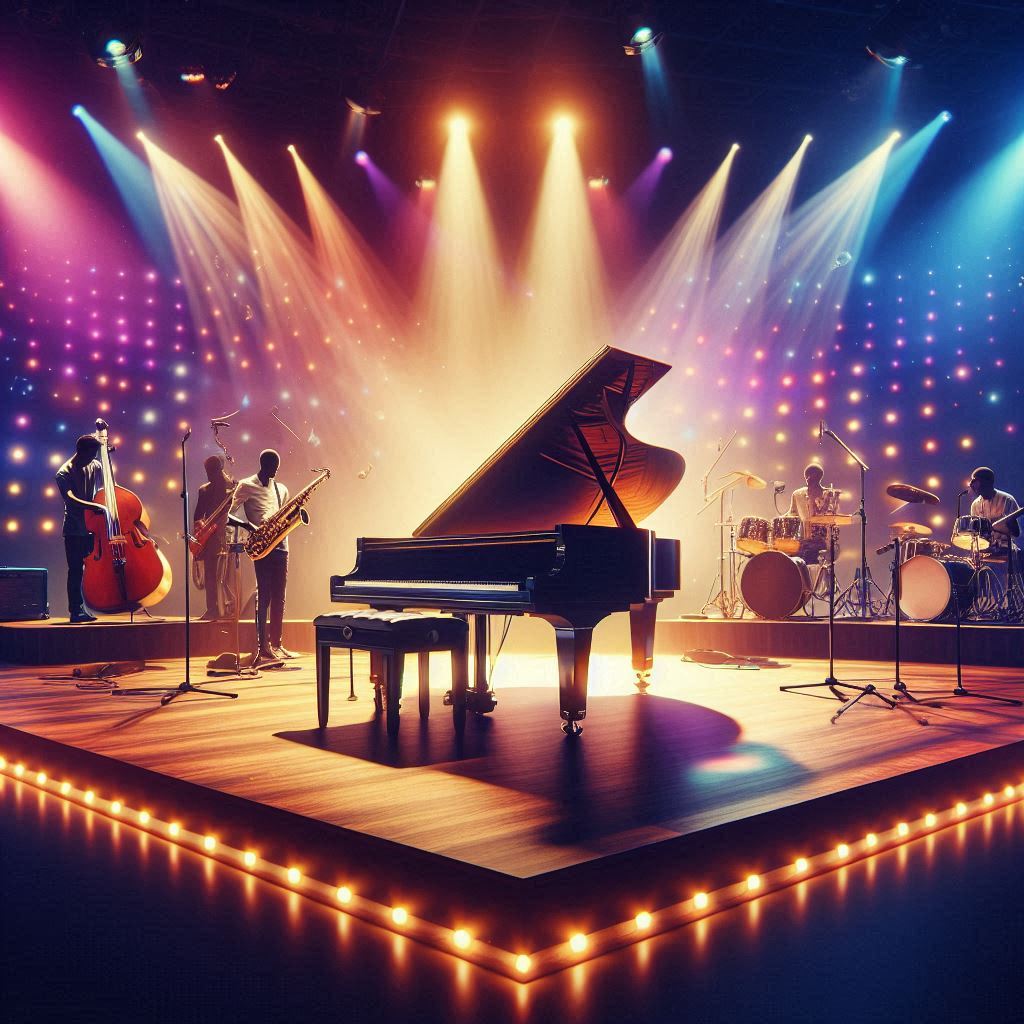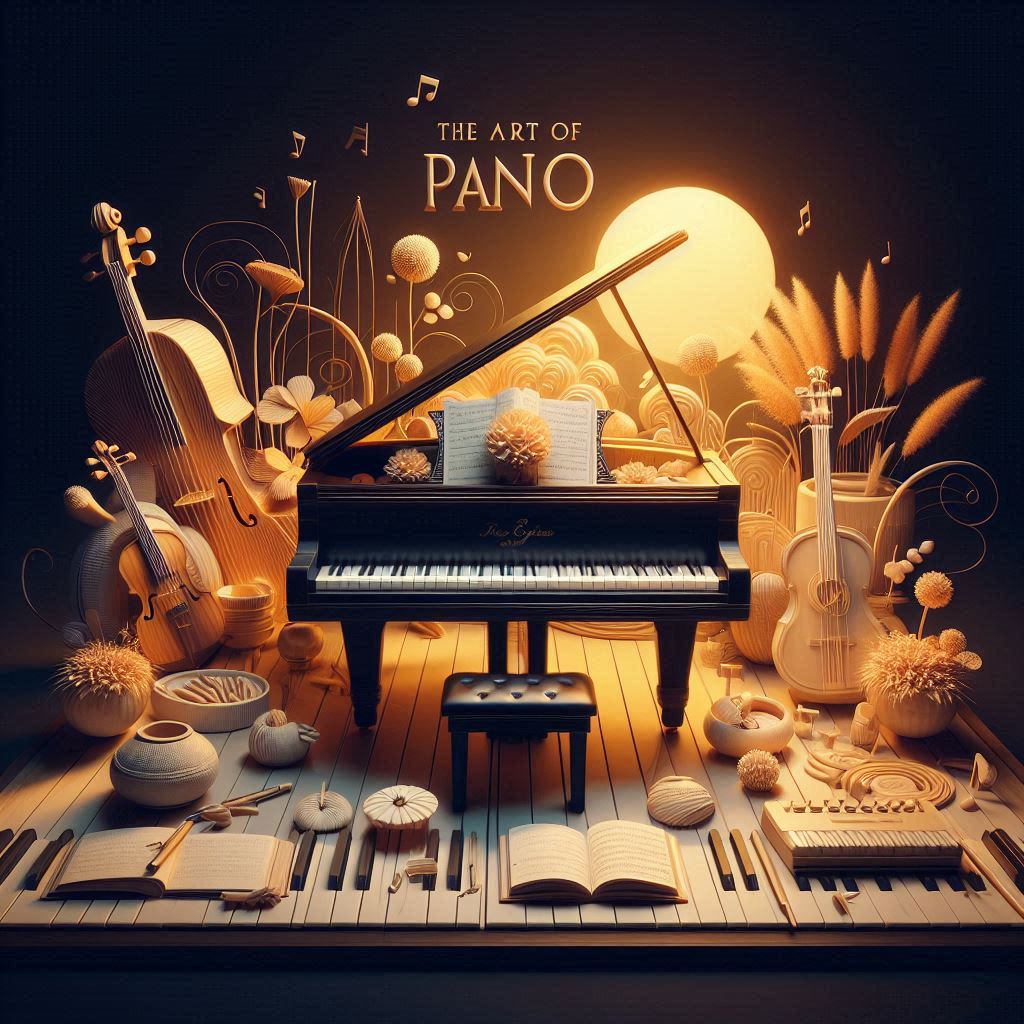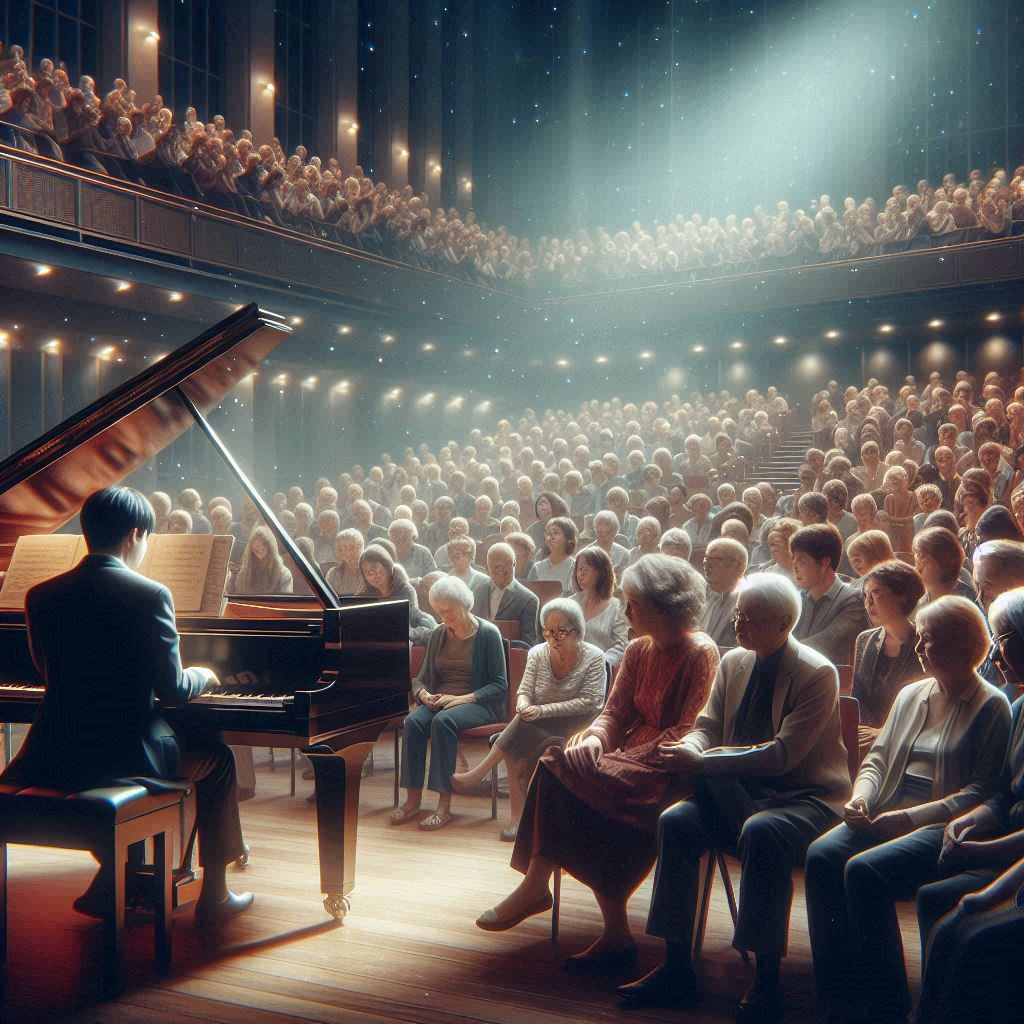Introduction
The piano has long been a cornerstone of musical composition and performance. Its versatility and expressive range make it an essential instrument in both classical and contemporary music. In the modern music landscape, the piano continues to play a pivotal role, bridging the gap between traditional and innovative sounds. This article delves into the significance of the piano in contemporary music, highlighting its contributions across various genres and its impact on today’s music scene.
Historical Context
The piano has a rich history, evolving from the harpsichord in the early 18th century to the modern grand and upright pianos we know today. Its development has been closely tied to the progression of classical music, with composers like Bach, Mozart, Beethoven, and Chopin pushing its expressive capabilities. This classical foundation set the stage for the piano’s significant role in contemporary music.
Versatility Across Genres
One of the piano’s most remarkable features is its versatility. It seamlessly fits into various musical genres, including pop, rock, jazz, and electronic music. This adaptability allows the piano to influence a wide range of musical styles, making it a staple in both mainstream and niche music scenes.
Innovations in Piano Technology
The advent of digital pianos, synthesizers, and advanced sound technology has expanded the piano’s role in contemporary music. Digital pianos offer the convenience of portability and versatility in sound, while synthesizers allow for innovative sound creation. These technological advancements have made the piano more accessible and have opened new avenues for musical exploration.
Piano in Pop Music
The piano has been instrumental in shaping pop music. From the iconic melodies of Elton John and Billy Joel to the contemporary sounds of artists like Adele and John Legend, the piano’s presence in pop music is undeniable. Its ability to convey emotion and support vocal melodies makes it a favored instrument among pop musicians.
Piano in Rock Music
Rock music has seen significant contributions from pianists and keyboardists. Bands like The Beatles, Queen, and Pink Floyd have utilized the piano to add depth and complexity to their sound. Rock pianists like Jerry Lee Lewis and Freddie Mercury have left an indelible mark on the genre, showcasing the piano’s power and versatility.
Piano in Jazz
The piano is a cornerstone of jazz music. Legendary jazz pianists like Thelonious Monk, Bill Evans, and Herbie Hancock have pushed the boundaries of jazz piano, exploring complex harmonies and rhythms. The piano’s role in jazz ensembles and solo performances highlights its importance in the genre’s development and evolution.
Piano in Electronic Music
In electronic music, the piano often serves as a bridge between traditional musical elements and modern production techniques. Producers like Moby and Avicii have incorporated piano melodies into their electronic compositions, blending organic and synthetic sounds. This integration has helped create rich, textured music that resonates with a wide audience.
Film and Television Scores
The piano plays a crucial role in film and television scores, adding emotional depth and nuance to visual storytelling. Composers like Hans Zimmer and John Williams have used piano motifs to create memorable and impactful scores. The instrument’s expressive range makes it ideal for conveying a wide array of emotions in cinematic contexts.
Piano and Songwriting
For many songwriters, the piano is an essential tool for composition. Its ability to provide harmonic support and melodic inspiration makes it a go-to instrument for crafting songs. Artists like Paul McCartney and Alicia Keys use the piano as a primary instrument in their songwriting process, demonstrating its integral role in creating music.
Live Performances
In live performances, the piano adds a dynamic and engaging element. Whether in intimate solo performances or large-scale concerts, the piano’s presence can captivate audiences. Its versatility allows for a wide range of performance styles, from classical recitals to rock concerts, enhancing the overall musical experience.
Educational Value
The piano is often considered a foundational instrument in music education. Learning to play the piano develops essential skills such as reading music, understanding harmony, and improving hand-eye coordination. These skills are transferable to other instruments and musical disciplines, making the piano a valuable educational tool.
Cultural Impact
The piano’s influence extends beyond music, impacting broader cultural trends and movements. Its presence in iconic performances, recordings, and compositions has shaped the cultural landscape, making it a symbol of musical excellence and creativity.
Collaborations and Crossovers
The piano’s ability to blend with other instruments and genres makes it a key player in musical collaborations. From classical orchestras to jazz ensembles and rock bands, the piano’s versatility facilitates creative crossovers, leading to innovative and diverse musical expressions.
Iconic Piano Pieces in Contemporary Music
Contemporary music boasts numerous iconic piano pieces that have left a lasting impact. Songs like “Imagine” by John Lennon, “Clocks” by Coldplay, and “Someone Like You” by Adele highlight the piano’s enduring appeal and its ability to create timeless music.
Piano in Independent and Alternative Music
The piano has a significant presence in independent and alternative music scenes. Artists like Tori Amos and Ben Folds have used the piano to craft unique sounds that stand out in the indie music landscape. The instrument’s versatility allows for creative experimentation, fostering innovation in these genres.
Future of Piano in Music
The future of the piano in contemporary music looks promising. As technology continues to evolve, new possibilities for the instrument’s use will emerge. The piano’s timeless appeal and adaptability ensure that it will remain a central figure in music creation and performance, influencing future generations of musicians.
FAQs
What is the role of the piano in contemporary music?
The piano plays a versatile and essential role in contemporary music, influencing various genres and enhancing musical compositions and performances.
How has the piano evolved in modern music?
The piano has evolved through technological advancements like digital pianos and synthesizers, expanding its versatility and accessibility in modern music.
Why is the piano important in pop music?
The piano’s ability to convey emotion and support vocal melodies makes it a favored instrument in pop music, contributing to iconic hits and memorable performances.
Who are some influential pianists in contemporary music?
Influential contemporary pianists include Elton John, Alicia Keys, and Herbie Hancock, among others, who have significantly shaped their respective genres.
How does the piano contribute to film and television scores?
The piano adds emotional depth and nuance to film and television scores, making it ideal for conveying a wide array of emotions in visual storytelling.
What is the future of the piano in music?
The future of the piano in music is bright, with ongoing technological advancements and its continued influence on various genres ensuring its lasting relevance.
Conclusion
The piano’s role in contemporary music is as vital as ever. Its versatility, expressive range, and ability to bridge traditional and modern sounds make it an indispensable instrument across various genres. From pop and rock to jazz and electronic music, the piano continues to shape and influence the musical landscape. As technology and musical trends evolve, the piano will undoubtedly remain a cornerstone of creativity and innovation in the world of music.



